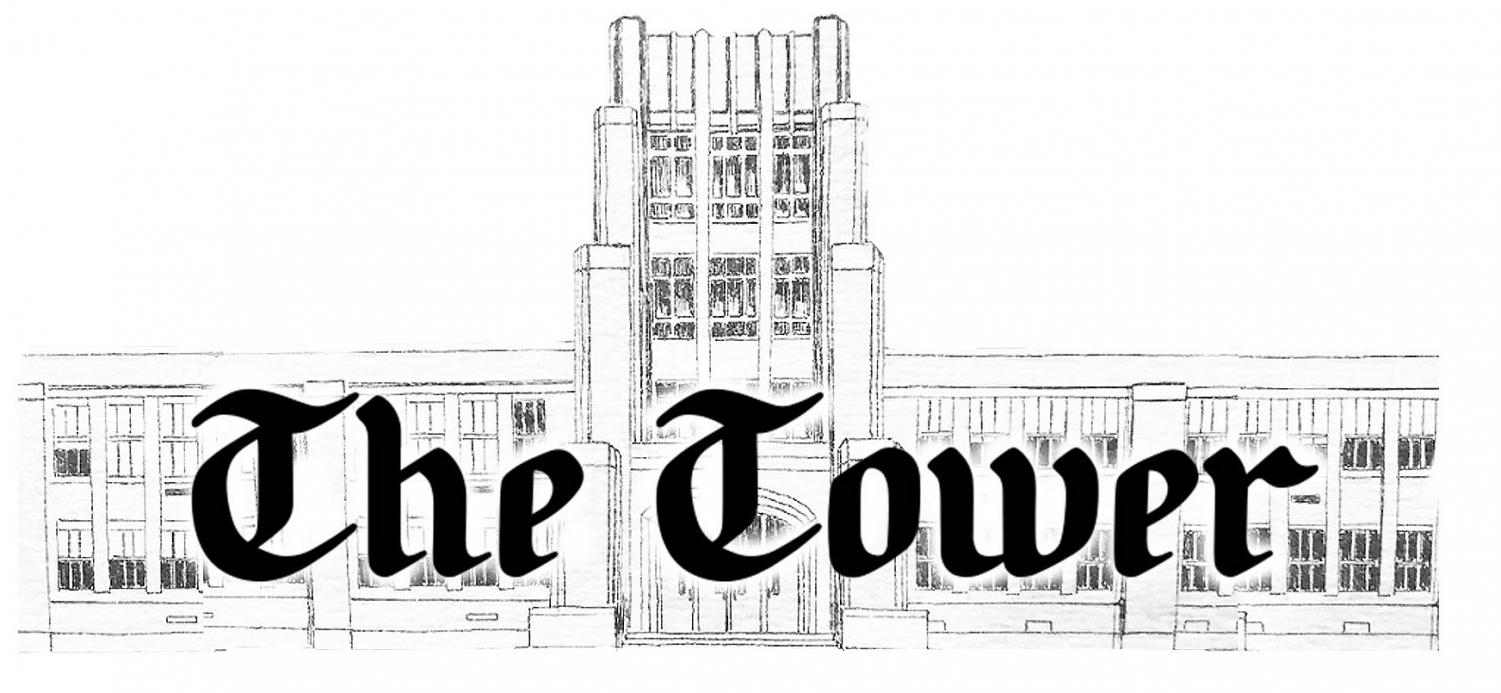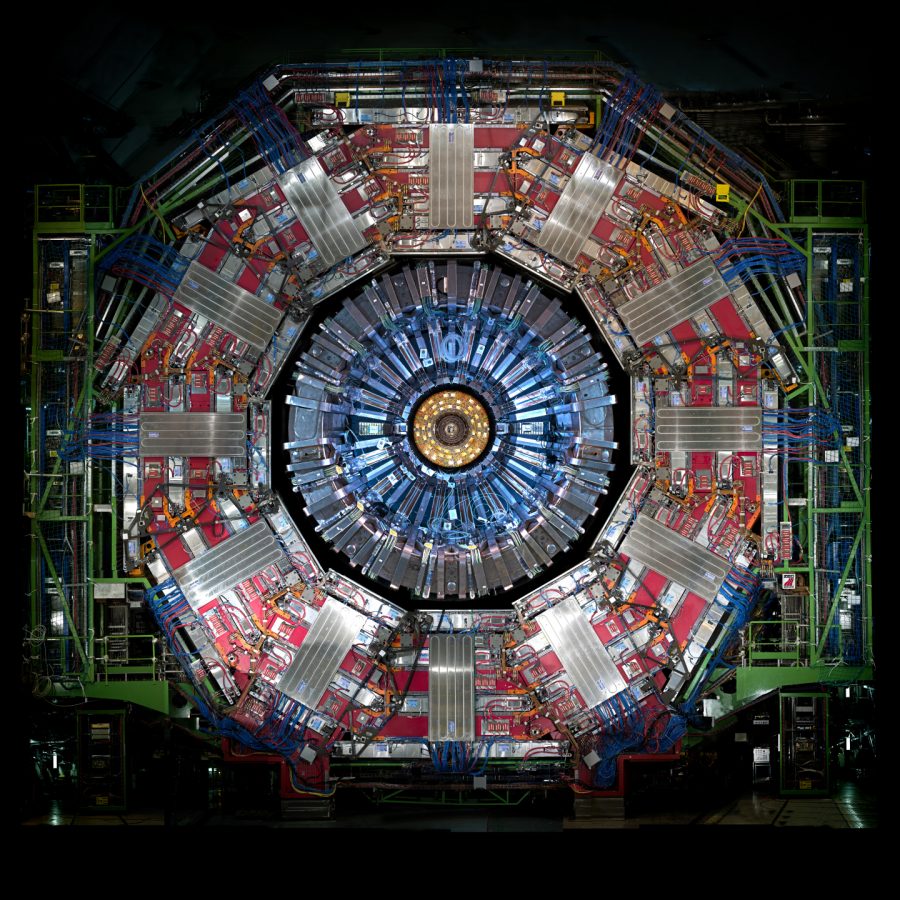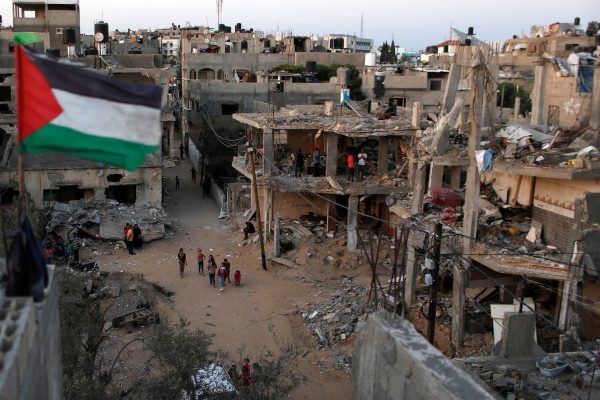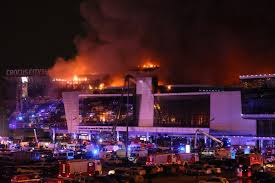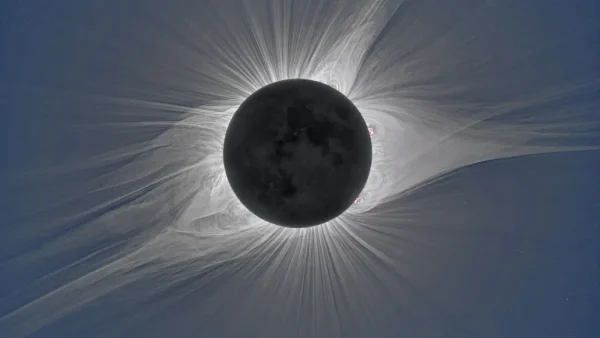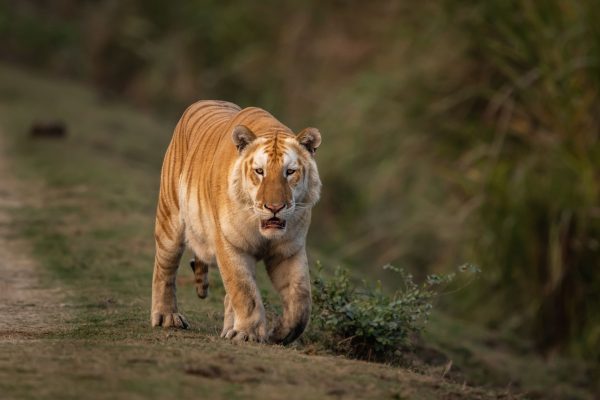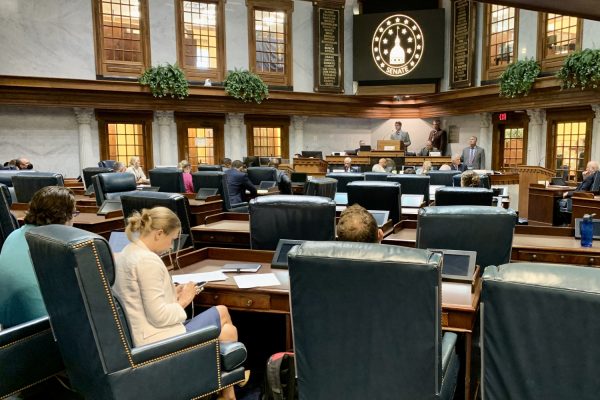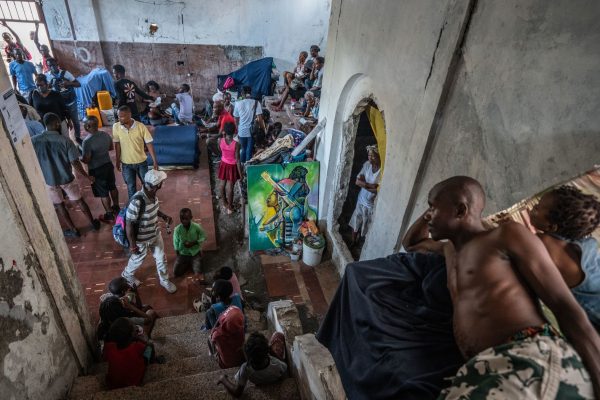Adams Teacher Attends International Workshops on Particle Physics
Mr. Kallenberg recently returned from two workshops in China and Japan
Mr. Daniel Kallenberg, a Chemistry and Physics teacher here at Adams recently returned from two international teaching workshops, based in China and Japan. His experience included participation in two separate workshops: one focused on educating teachers and the other on high school students. The first, for teachers, was centered on integrating advanced concepts of particle physics into classes as well as empirical data from the Large Hadron Center at the European Organization for Nuclear Research [CERN]. According to Kallenberg, CERN is currently focused on two main projects: the first is an attempt to recreate the energy present at the time of the big bang, and the other to understand the material composition of the universe. Kallenberg, who has experience working with these projects, was tasked with presenting the workshop.
The second, directed towards high school students, was focused on muon detection, or “a giant electron that just passes right through most matter only hitting the occasional electron,” as Kallenberg describes. This work also corresponds to CERN’s current research, as muons “rain down” when cosmic rays strike the upper atmosphere. Students worked with detectors similar to those that Kallenberg had built previous in the Notre Dame lab. “As well as seeing how they teach the workshop, I was able to talk to a Japanese Physicist about a more advanced detector he is building,” comments Kallenberg.
Through his work with Quarknet, nationally based out of the Physics department of Notre Dame, Kallenberg was selected to attend these workshops in order to learn more about a Japanese particle accelerator, as he is currently attempting to replace the fifteen-year-old one that Quarknet currently houses.
“I find that every time I talk to teachers from different schools I pick up lots of little things that they do with their students,” Kallenberg says when asked how this experience enriched his teaching. “More specifically to what the workshops were about, I [am] now be more comfortable having my physics students do the workshop on the CERN experiment. I also have more cosmic ray experience for times when I work with IB students on their physics IAs.”
Kallenberg thinks that the kind of international cooperation he engaged in is both important to education but also to our understanding of the world. He found it fascinating to see the differences between the education systems he experienced in Tokyo and Hong Kong, and “hear about the difference in how teachers present material to their students.” He advises to others that if they have the opportunity to travel, they should take it, whether it is international or regionally in the United States, emphasizing the impact other cultures can make: “Exposure to different cultures always makes me think of why they do things the way they do and why we do it the way we do.”
Your donation will support the student journalists of The Tower and John Adams High School. Your contribution will allow us to purchase equipment and cover our annual website hosting costs.
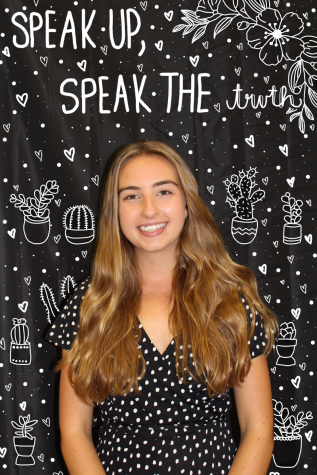
Claire Stowe, an Adams senior, is Editor-in-Chief of The Tower, her second year with the position. She has covered a variety of topics as a reporter, including...
